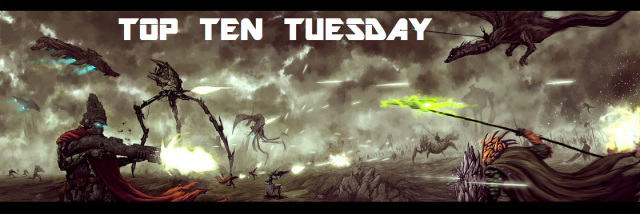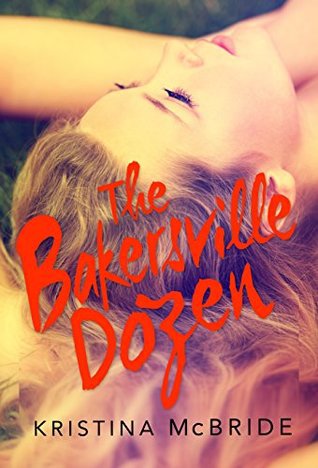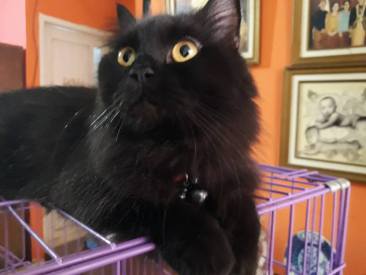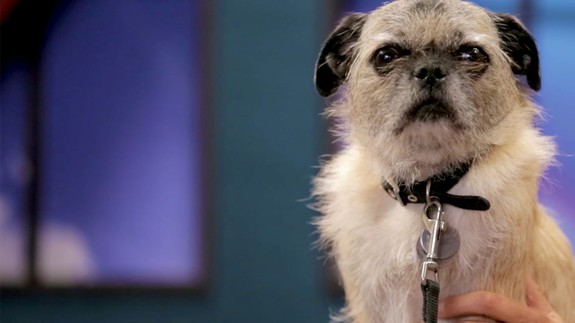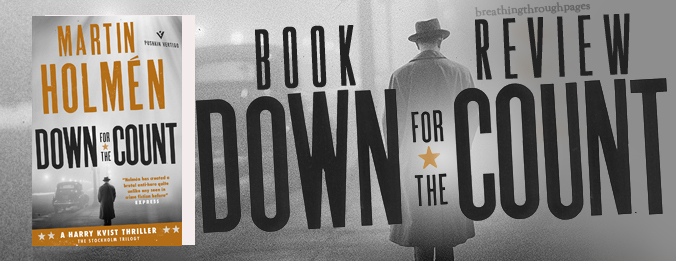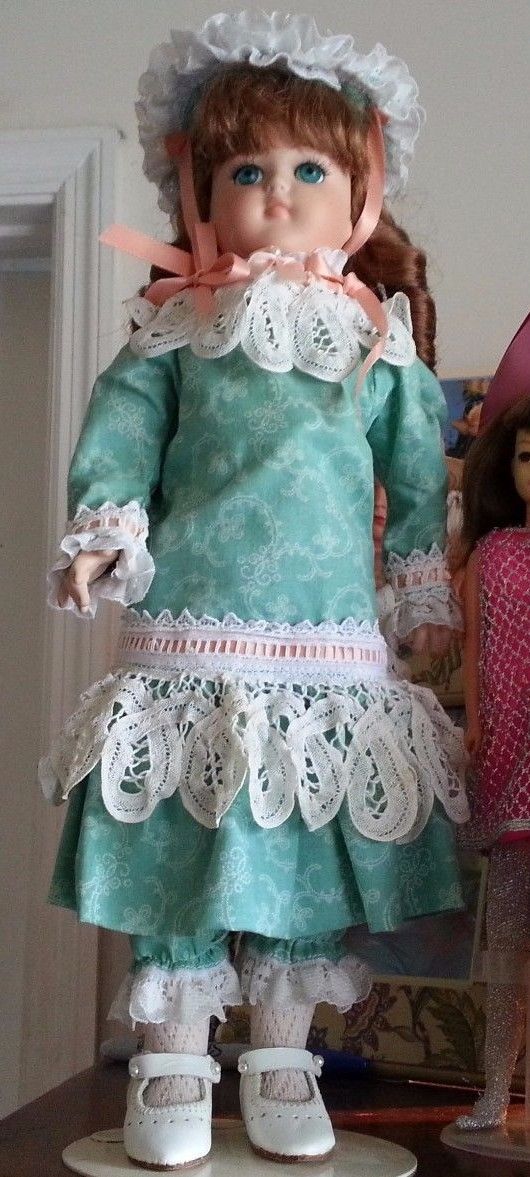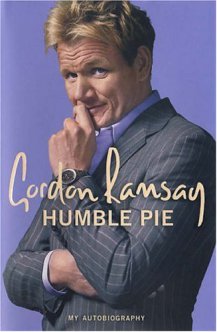
Full disclosure: I bloody love Gordon Ramsay.
My wife knows when I’m feeling particularly blue, because I’ll sit and binge watch clips of Kitchen Nightmares and Hotel Hell on YouTube. Nothing calms me more than watching dear old Gordon ream some poor sod who can’t run a restaurant. If I don’t feel like schadenfreudian catharsis, I’ll sit back with a couple of his recipe videos, watching him cook Christmas favourites with his kids in tow. As someone who is generally rather brusque when it comes to the plights of wealthy white men, I am uncharacteristically enamoured with Gordon’s public persona.
This is perhaps why I read the first chapter of his autobiography with rapt attention. Why I was immediately and emotionally invested in what in fictional terms might be described as his backstory – his recollections of growing up with an abusive, delusional father. The picture he paints is one that all too many families will be familiar with – the naive hope of a patriarch’s youth slowly giving way to jaded misanthropy, and all the suffering that follows in their wake.
Ramsay is clearly nothing like his father. The abrasive rage that his flagship shows power themselves on is wholly different from the cycle of physical and emotional warfare he and his family endured at the hands of his Gordon Ramsay Sr. You have to commend a man who not only rose from the ashes of his painful past to be a success, but also rejected a harmful philosophy he could so easily have internalised and wrought anew on his own children.
Rating ****ing brilliant
Keep reading? Of course I will, you donkey
Resist the lull of Amazon and order Humble Pie at Hive – giving back to your local high street without having to actually set foot there
Advertisements Share this: